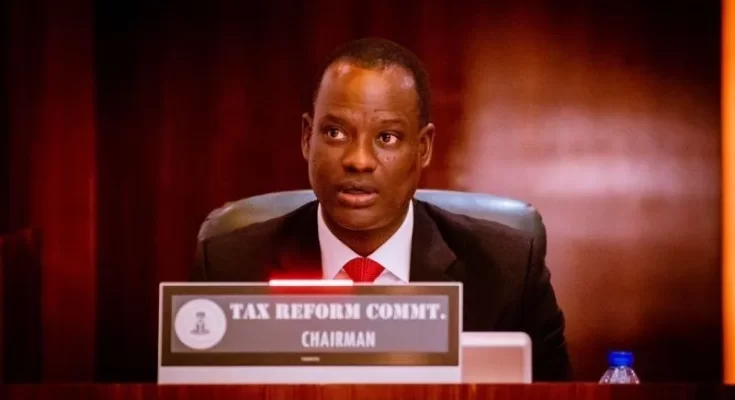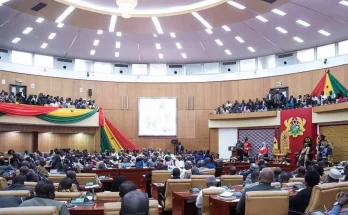- Unease grows over policy direction as key market players seek clarity on equity taxation
Nigeria’s Capital Gains Tax Reform. Recently, investors have expressed growing frustration after a recent virtual engagement with Taiwo Oyedele, Chairman of Nigeria’s Presidential Committee on Fiscal Policy and Tax Reforms.
The session, organised by Standard Chartered, was expected to provide reassurance and policy clarity following new Capital Gains Tax (CGT) provisions affecting equity investments.
Instead, several attendees — including global fund managers and institutional investors — signaled that the meeting intensified rather than eased concerns about Nigeria’s investment climate.
Nigeria’s Capital Gains Tax Reform: Foreign Investors Question Policy Philosophy
According to feedback from multiple participants, the discussion left investors uncertain about the economic rationale driving Nigeria’s tax shifts.
Some attendees described Oyedele’s messaging as “ideologically tilted” toward taxing a small proportion of wealthy earners rather than expanding the tax net.
“We need a stable, predictable, and investment-friendly policy — not a crusade against the top taxpayers,”
one investor said after the call.
Others argued that the reform committee’s tone suggested greater pressure on foreign portfolio investors (FPIs) rather than targeted incentives to expand long-term market participation.
Oyedele has defended the reforms in multiple engagements, insisting that progressive CGT aligns Nigeria with global tax standards and encourages deeper reinvestment in the domestic market.
See also: Nigeria: Banks and Agencies to Enforce Withholding Tax on Short-Term Securities
Key Disagreement: Who Ultimately Pays CGT?
Another flashpoint was Oyedele’s statement implying that foreign investors would still incur tax in their home jurisdictions even without local CGT obligations.
Several participants strongly refuted the claim, noting that most institutional funds — including pension and sovereign wealth vehicles — are tax-exempt in their base countries.
“This narrative is inaccurate and undermines investor confidence,”
a fund representative remarked.
Concerns Over Competitive Positioning
Investors warned that Nigeria’s new approach risks undermining competitiveness relative to:
- Kenya, which recently expanded market incentives
- South Africa, which maintains predictable tax rules
- Gulf emerging markets, offering zero-CGT environments
One investor put it bluntly:
“This could drive capital to other frontier markets where policies are clearer.”
Bondholders Given More Clarity Than Equity Investors
Participants also noted uneven communication within financial markets. The committee has stated that OMO bills and bond instruments will not face immediate tax changes, with broader adjustments coming in 2025.
Equity investors, however, have not received equivalent transition protections — creating policy uncertainty and potential for short-term selloffs before 2026.
Local Investors Still Power the Market
Not all analysts see the reform as damaging. Some believe the changes could filter out speculative inflows, supporting a more resilient market:
- Domestic institutional investors have driven over 400% market growth since 2019
- FPIs currently account for just 21% of market activity
- Long-term capital remains the government’s preferred target
Balancing Revenue Growth and Investor Confidence
The CGT update forms part of Nigeria’s wider fiscal overhaul — including the Nigeria Tax Act (NTA) 2025 and Nigeria Tax Administration Act (NTAA) 2025, which aim to:
- Raise tax-to-GDP ratio from 13% to 18% by 2030
- Reduce dependence on the volatile oil economy
- Expand the country’s non-oil revenue pipeline
Yet foreign investors remain emphatic that improved consultation and predictability are essential if Nigeria intends to maintain the strong equity rally seen in 2025.
What to Watch Next
- Implementation rules for CGT on equities
- Possible grandfathering or waivers for long-term holdings
- Continued dialogue between policymakers and global funds
- Market reaction as 2025 progresses toward the January 2026 enforcement date




